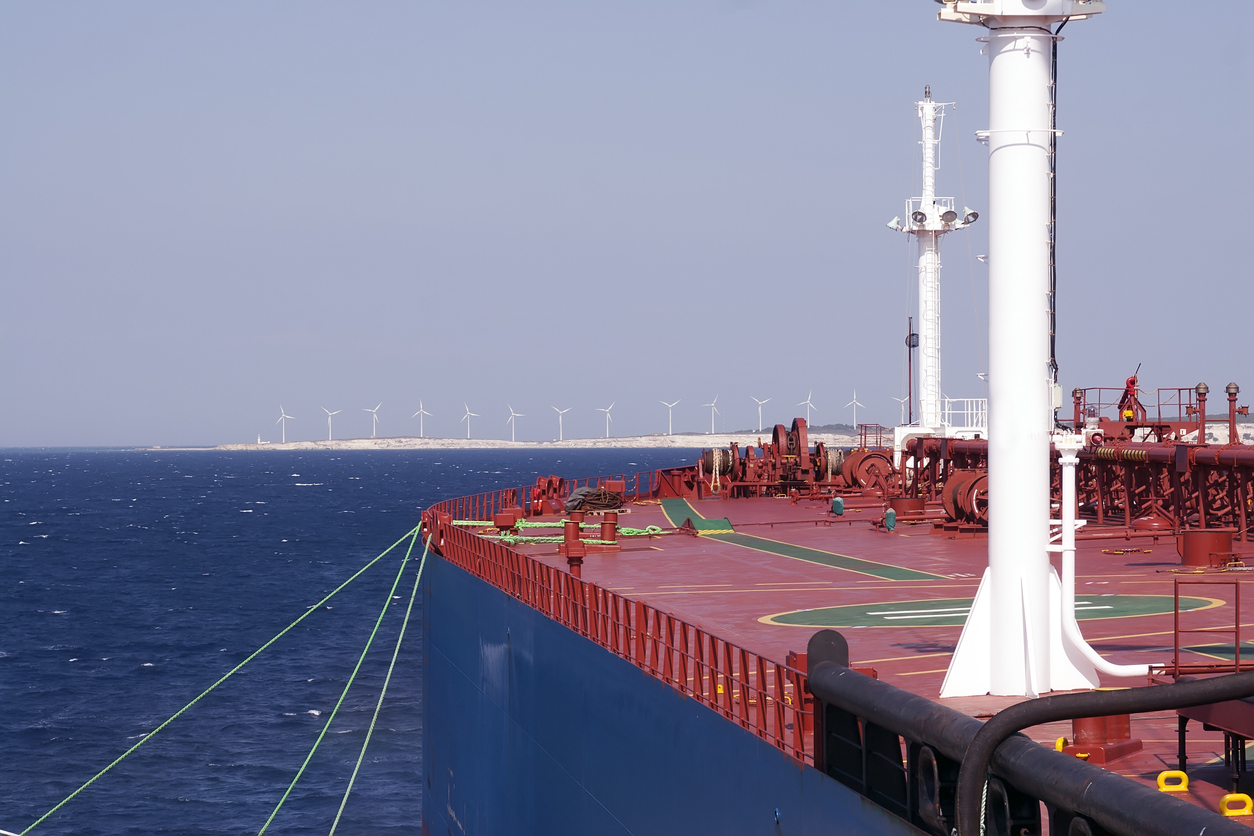Facts
A Danish shipowner (E) of the yacht Y, registered in the Cayman Islands, approached, through its master, the Spanish shipyard (S) in Mallorca to request work to the yacht. Via an email dated 20 June 2018, the yard submitted a quotation for the work and attached its general terms and conditions, which included the following law and jurisdiction clause:
Law and Jurisdiction
17.1. The Contract between the Client and the Yard and any non-contractual relations between them shall be governed by and construed in accordance with the laws of Spain.
17.2. Any dispute of whatsoever nature arising between the Client and the Yard shall be submitted to the jurisdiction of the Courts of Palma de Mallorca.
The repair work was undertaken by the yard. Due to a defective slipway, Y's launch was delayed for nine days, which resulted in E cancelling a charter agreement in the Caribbean and a loss of €390,000. The yard denied liability and demanded payment of an outstanding €143,000 for the repair work. As payment was not made, the yard effectuated Y's arrest in Italy which resulted in a further loss of €330,000 for E due to loss of a charter opportunity.
E brought proceedings against S before the Danish Maritime and Commercial Court and claimed payment of €720,000, submitting that S should further be ordered to acknowledge that it was unentitled to additional payment from E for the repair work.
S disputed that proceedings against it could be heard in Denmark, arguing that it had been agreed that all disputes should be heard before the Palma de Mallorca Courts.
In support for Danish jurisdiction, E submitted that the parties had not agreed that the Palma de Mallorca Courts should be competent, as it had not accepted in writing the jurisdiction clause in the yard's general terms and conditions as required under Article 25(1)(a) of the EU Brussels Regulation (1215/2012). E further submitted that the claim brought should be construed as relating to liability in tort to the effect that the Danish court was competent pursuant to Article 7(2) of the regulation on the following grounds:
The economical loss resulting from S' unlawful acts has been suffered in Denmark and the damage must therefore be considered to have occurred in Denmark. This is due to that [E] is a Danish company administered from Denmark that submit its accounts in Denmark. The effect of the actions, thus, cannot occur anywhere else but in Denmark. This is true even if the harmful acts did take place in another EU-country.
Decision
The court decided that the case could not be heard in Denmark and stated as follows:
It follows from the practice of the EU Court of justice on Art 25 that the requirement for a written agreement, cf. section 1(a) is only fulfilled if both parties have consented in writing or in writing accepted the jurisdiction clause. According to the EU Court of justice, the requirement for a written
consent must be interpreted in accordance with its purpose which is to ensure that the parties are really in agreement about the jurisdiction clause. It further stems from this practice that inactivity in relation to a jurisdiction clause presented cannot be considered as a tacit acceptance. Against this background the court finds that no agreement exists on the basis of S' General Terms and Conditions.
The court further finds that [E's] claim for compensation for its loss stemming from the loss of two charters arises out of the delay of the repair work at the yard and [S's] subsequent arrest of the yacht due to the dispute in relation to payment of the last rate of the repair costs. On this basis the court finds that the basis for E's claims originates from the parties' agreement and therefore is not in its nature a claim in tort, cf. the Council Regulation Art. 7 (1)(2) as referred to by [E]. The court, consequently, finds that [S] vis-a -vis [E] has undertaken a contractual obligation to perform repair work of the yacht "Y" and that the place of fulfilment of this obligation is in Spain.(1)
Comment
It follows from the Danish Maritime and Commercial Court's judgment that a jurisdiction clause in a repair contract in some instances requires that the party which receives the other party's general terms and conditions must accept the jurisdiction clause in writing in order for it to be binding between the parties (Article 25(1)(a) of the EU Brussels Regulation (1215/2012)). E was considered not to have consented in writing to the quotation referring to the conditions and, therefore, no jurisdiction agreement was considered to have come into existence irrespective of the fact that a contract for the repair had been agreed. The court further found that the claim founded on the alleged unlawful arrest (which stemmed from the yard's actions to obtain security for payment of the repair costs) could not be construed as a claim in tort. The court, consequently, did not decide where the damage should be considered to have occurred.
Endnotes
(1) Case BS-4721/2020-SHR












